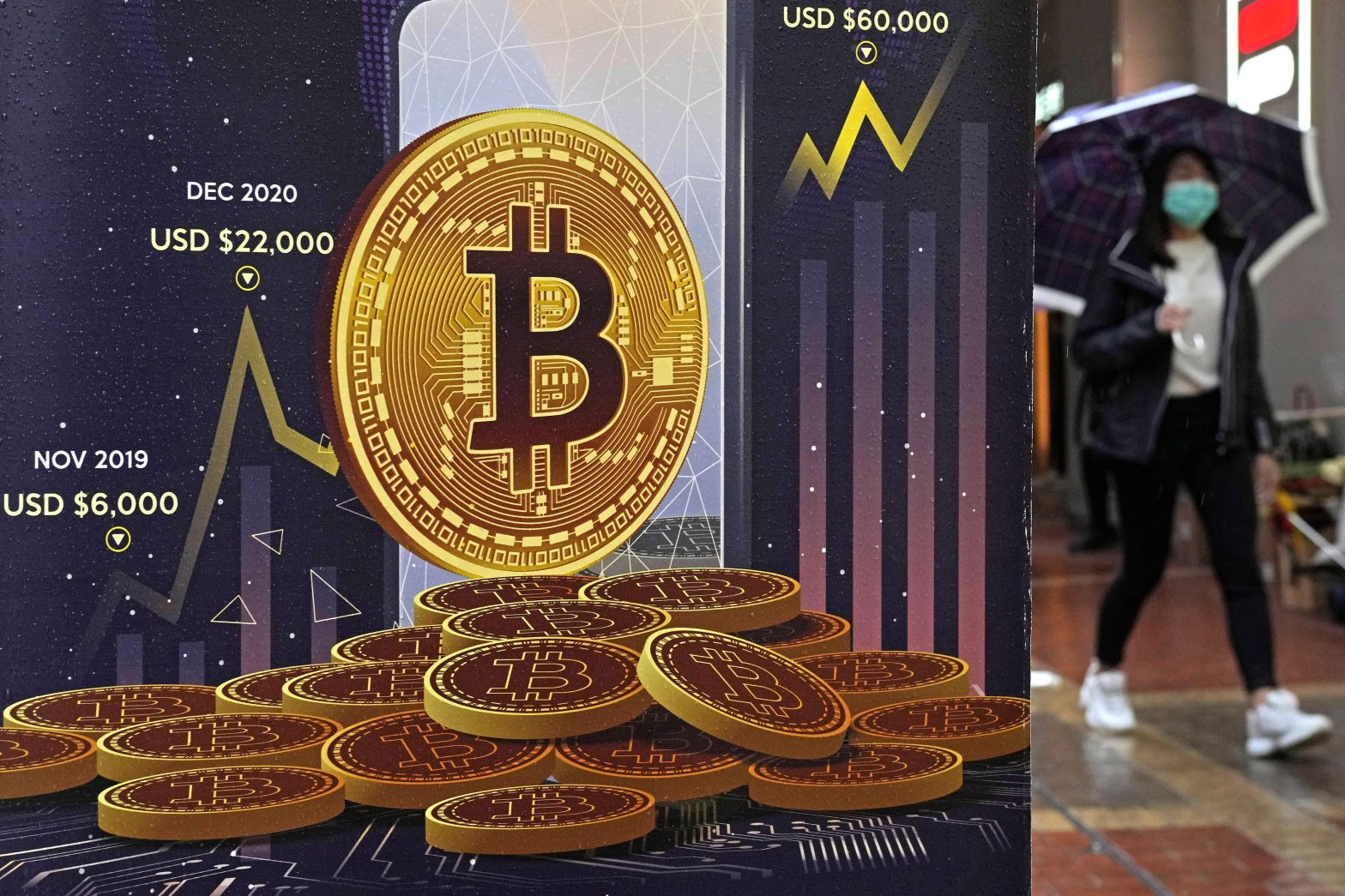DeFi Needs Flexible and Fair Regulation, Not Just Enforcement
COMMENTARY

The crypto markets have been on a roller coaster ride in recent months. But market downturns and media buzz are nothing new in the crypto space. What’s unique this time around is that the crypto market’s recent volatility coincides with policymakers’ focused attention on the space and a renewed drive to regulate it, increasingly with landmark legislative proposals that could shape the space in massive ways.
The policy discussions at play can often be bewildering to parse, especially for outsiders. But despite how complicated the details of crypto and decentralized finance, or DeFi, regulation may seem, the core issue facing regulators — and the decision that they need to make — is, at its heart, surprisingly simple.
What regulators need to decide is whether regulating decentralized markets using old regulatory tools will work or whether developing new ones is required.
These are what I call the “two camps” of crypto regulation, and policymakers generally fall into one or the other. These two camps are at odds in the debate over how to accomplish longstanding public policy objectives in peer-to-peer cryptocurrency and DeFi markets. Only one can win. And only one is right.
But let me take a step back for a moment and set the stage for the disagreement between these two camps.
The core idea behind crypto and DeFi is that of an alternative to our traditional financial system, one that offers people new choices and newfound power over their financial lives by putting decentralized protocols in the place of centralized intermediaries like banks and brokers.
Decentralized financial protocols could offer ordinary financial users a truly unprecedented degree of autonomy and control over their financial assets and their financial futures. They can also dramatically increase access to financial services by offering anyone with an internet connection and a crypto wallet access and use of DeFi protocols from anywhere at any time.
But this revolutionary promise creates a unique conundrum for regulators. At almost every level, the traditional financial regulatory regime depends on the presence of the trusted, centralized intermediaries that used to be necessary to conduct most financial activities. Think of the banks that take custody of our funds on our behalf or the brokers and mortgage providers who manage our transactions and loans.
The regulatory frameworks we have now pursue public policy goals like preventing illicit activity and protecting consumers by applying regulatory obligations on these centralized intermediaries and holding them accountable for activity their customers conduct.
So, what happens when a new technology upends that paradigm? How do we advance our public policy goals when software replaces those centralized intermediaries?
That’s the question at the heart of the disagreement between the two camps. On the one hand, there are those who think that existing regulations can still work somehow — if only we apply them more broadly. On the other hand, there are those who think we need not just new regulations, but a new kind of regulatory regime that doesn’t assume the presence of centralized intermediaries.
I’m quite firmly in the latter camp, and I’ll tell you why. While applying traditional regulatory frameworks to crypto might sound simple and seem straightforward, it shipwrecks on the practical reality of what cryptocurrencies and DeFi protocols fundamentally are — open source software.
Here’s one example of what I mean. The Securities and Exchange Commission recently put forward a new proposed rule that would designate as a national security exchange (like the New York Stock Exchange) anyone who “makes available” a “communication protocol system” that people could use to express interest in trading a security. That might enable the SEC to try to enforce its existing regulations, designed for stock exchanges, on DeFi software developers.
But it wouldn’t have a chance of working.
That’s because a decentralized exchange protocol is software that allows users to conduct exchanges without an intermediary. Expecting software to meet the self-regulatory, reporting and other requirements the SEC expects the NYSE to comply with doesn’t make much sense, and enforcing those requirements in some way on the DeFi ecosystem wouldn’t further any of the goals of the regulation, like stabilizing markets and protecting investors; it would simply aggravate the massive regulatory uncertainty innovators already face and further chill DeFi development in the United States.
There’s a good reason we didn’t try to apply U.S. Postal Service regulations to the internet when it was first developed. And trying to apply existing regulatory frameworks to crypto would be just as misguided.
Of course, this camp is by no means the dominant one. Many important regulators and policymakers fall firmly into the second camp and are actively trying to articulate an alternative regulatory framework. Just look at the European Commission’s recent financial stability report, which claims that it is “obvious” traditional regulatory approaches “may not be an option” and that we must shift away from an “entity-based” regulatory framework to move ahead.
Nonetheless, the debate between these two camps is still ongoing. And it can be easy to get swept up in the storm of opinion around cryptocurrencies and DeFi, especially in the midst of a lot of buzz.
But anyone interested in following the debates taking place on Capitol Hill should view with suspicion any attempt to regulate “unlike things alike.” Cars and planes both get people from one place to another, yet we rightly apply different regulatory frameworks on them — frameworks that aim to ensure people can safely get around and take into account the differences between the two technologies. How something is done matters, and we can’t forget that in the context of crypto and DeFi.
Miller Whitehouse-Levine is the policy director at the DeFi Education Fund. You can reach Miller by email, on Twitter @millercwl or on LinkedIn. Follow the DEF on Twitter @fund_defi and on LinkedIn.























